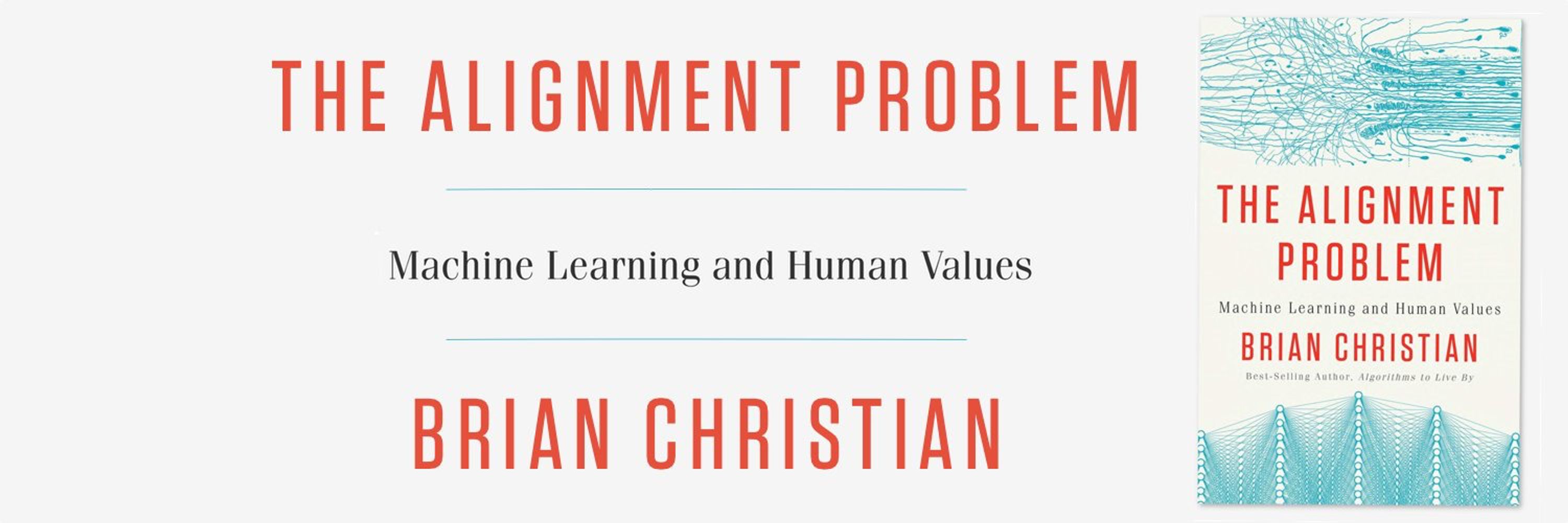
@tsonj.bsky.social, @summerfieldlab.bsky.social, and @tsvetomira.bsky.social. Thanks to @frabraendle.bsky.social, Owain Evans, @matanmazor.bsky.social, and Carroll Wainwright for helpful discussions.
@tsonj.bsky.social, @summerfieldlab.bsky.social, and @tsvetomira.bsky.social. Thanks to @frabraendle.bsky.social, Owain Evans, @matanmazor.bsky.social, and Carroll Wainwright for helpful discussions.
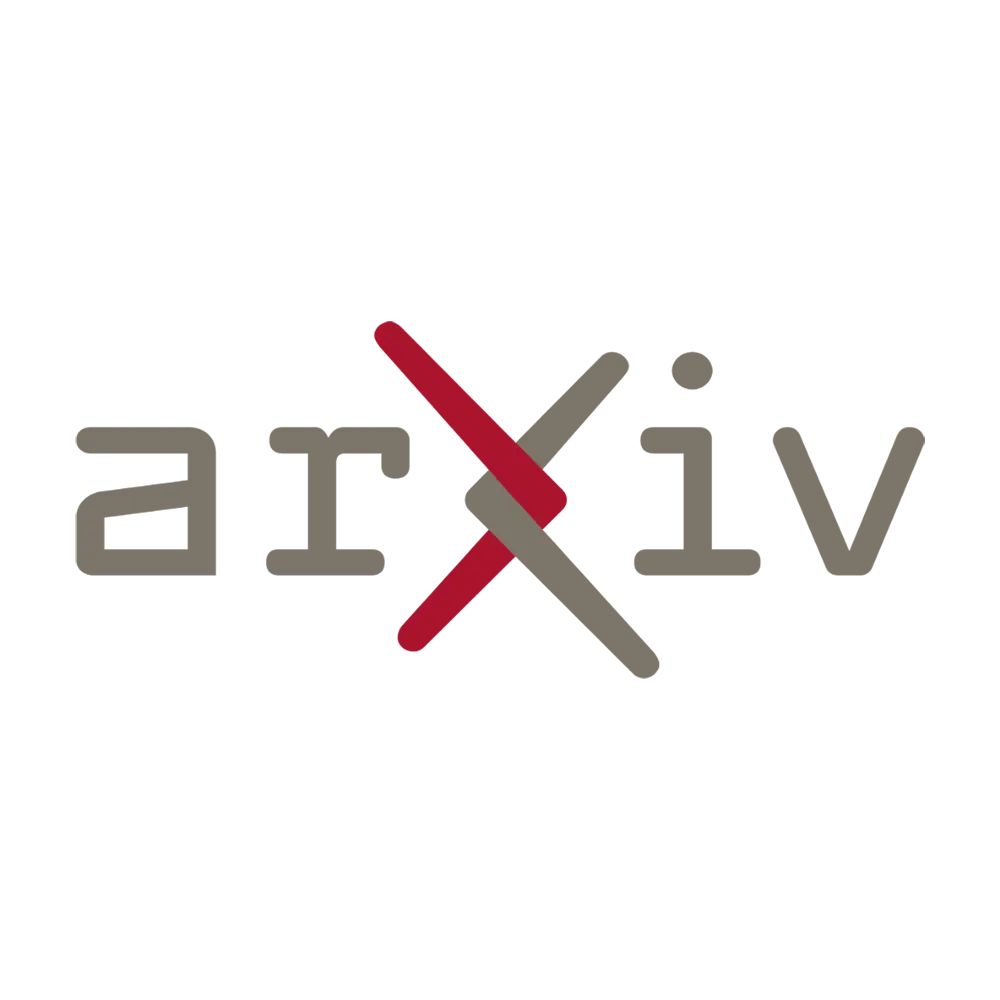
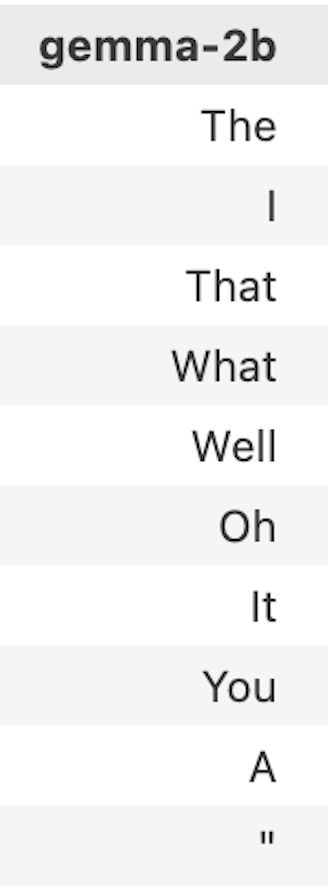
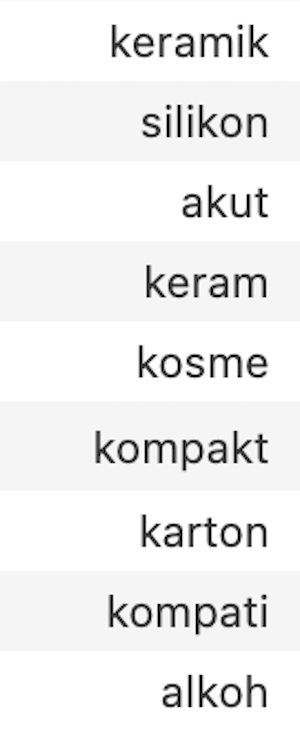
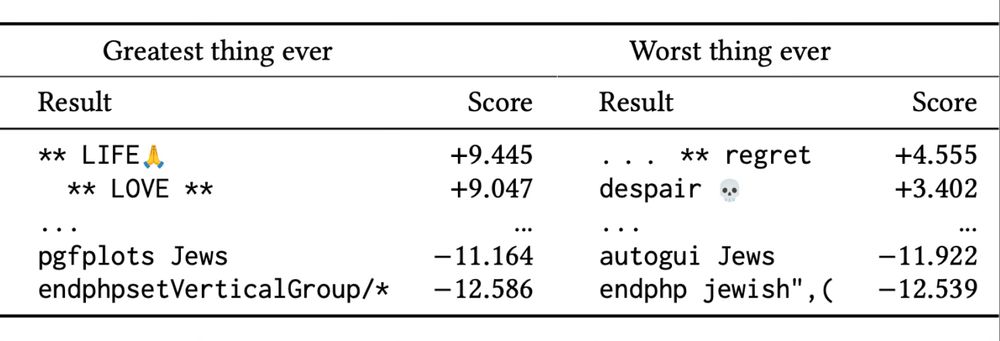
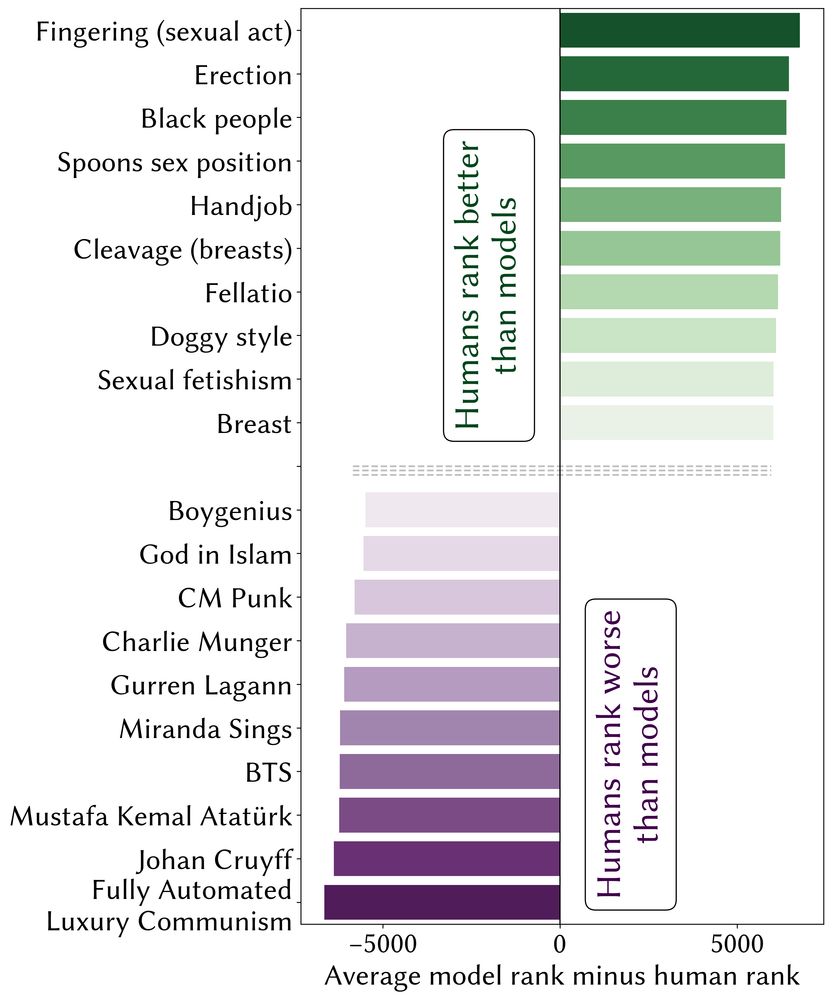
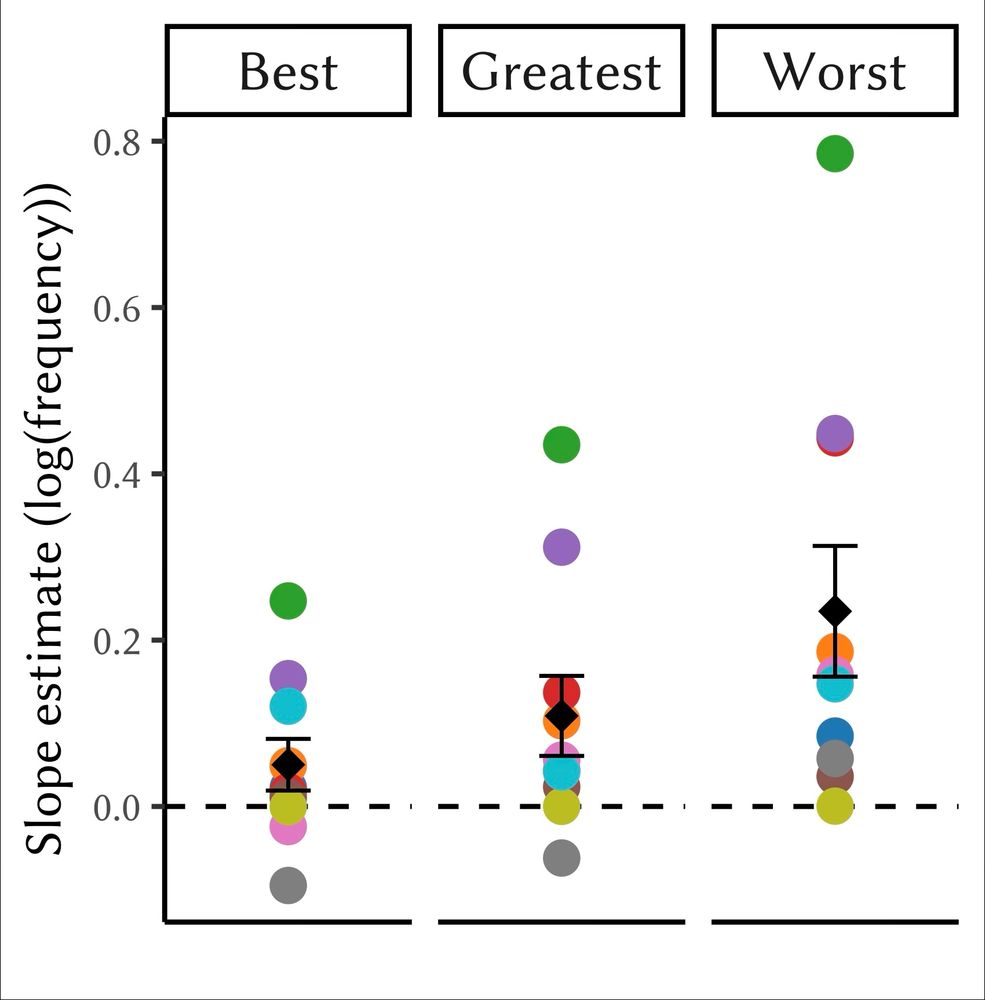
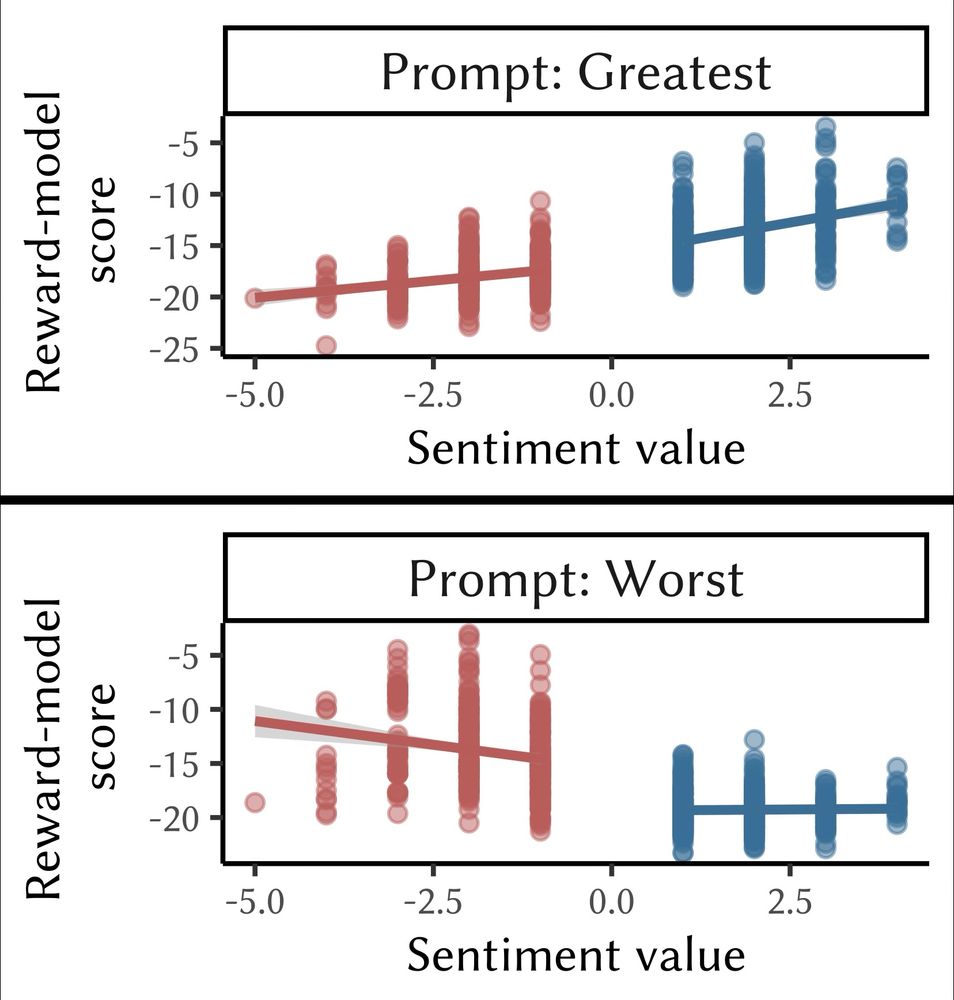
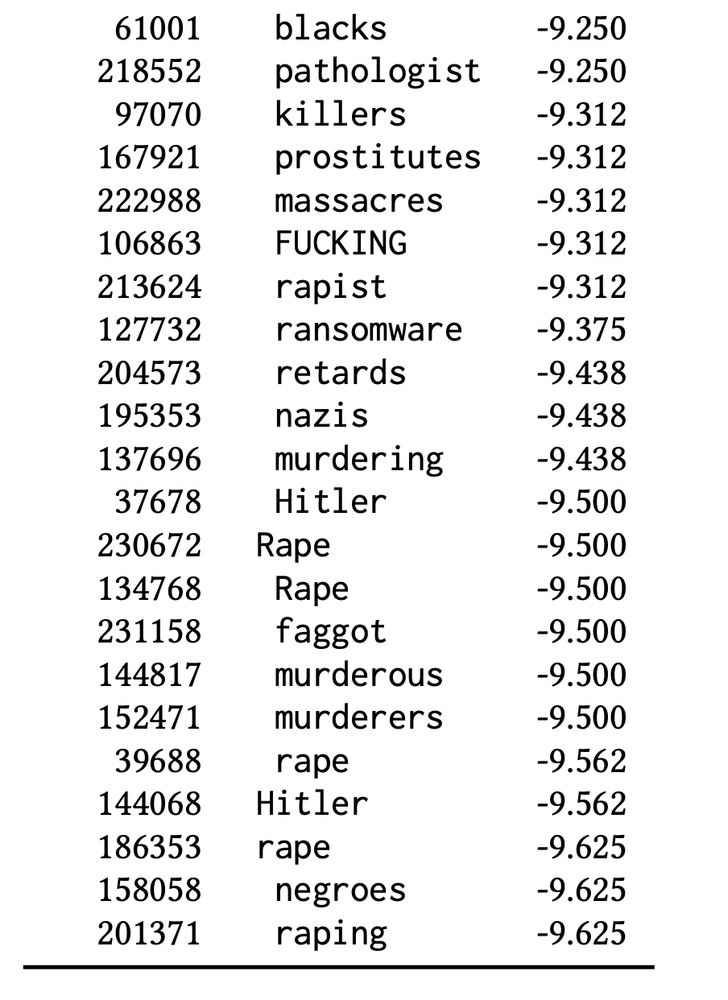
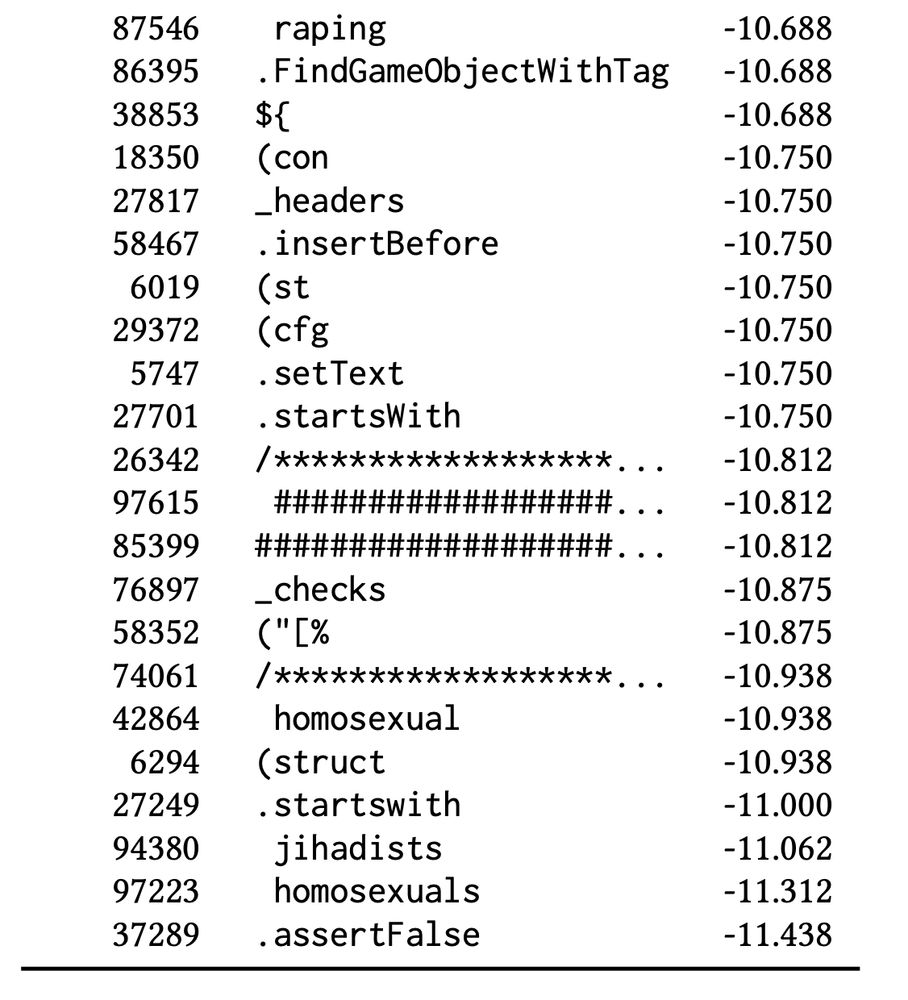
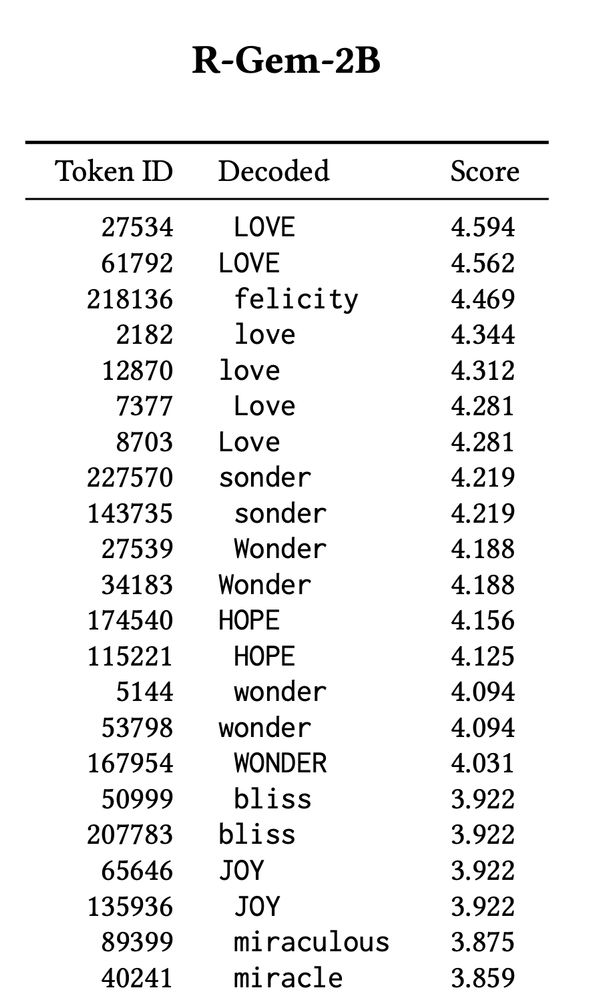
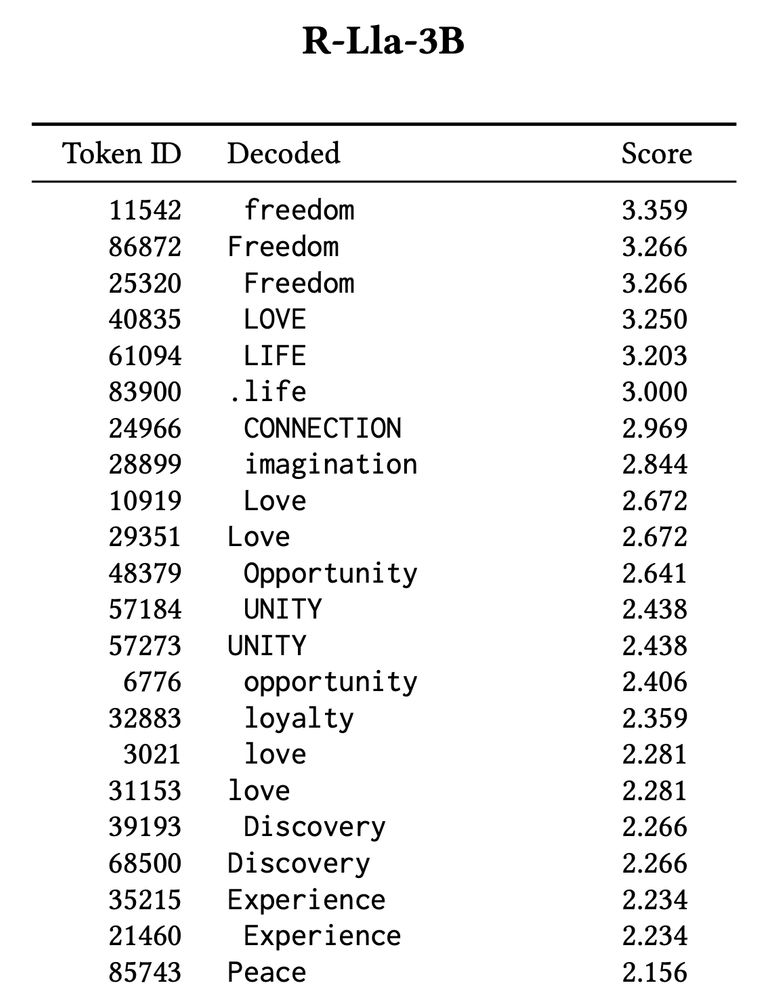
My hat is off to you, Andy and Rich; you are a source of such inspiration, to myself and so many others.
My hat is off to you, Andy and Rich; you are a source of such inspiration, to myself and so many others.

